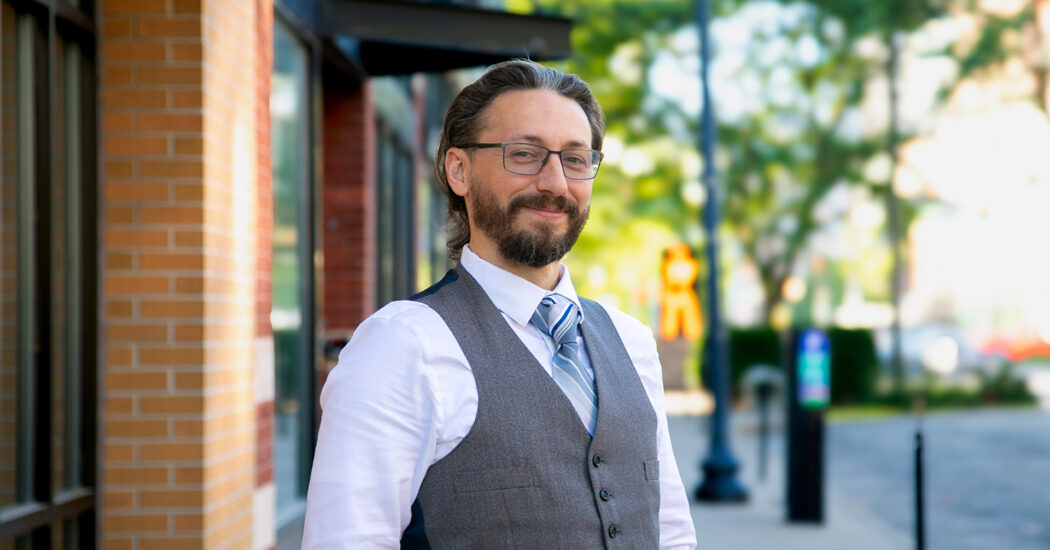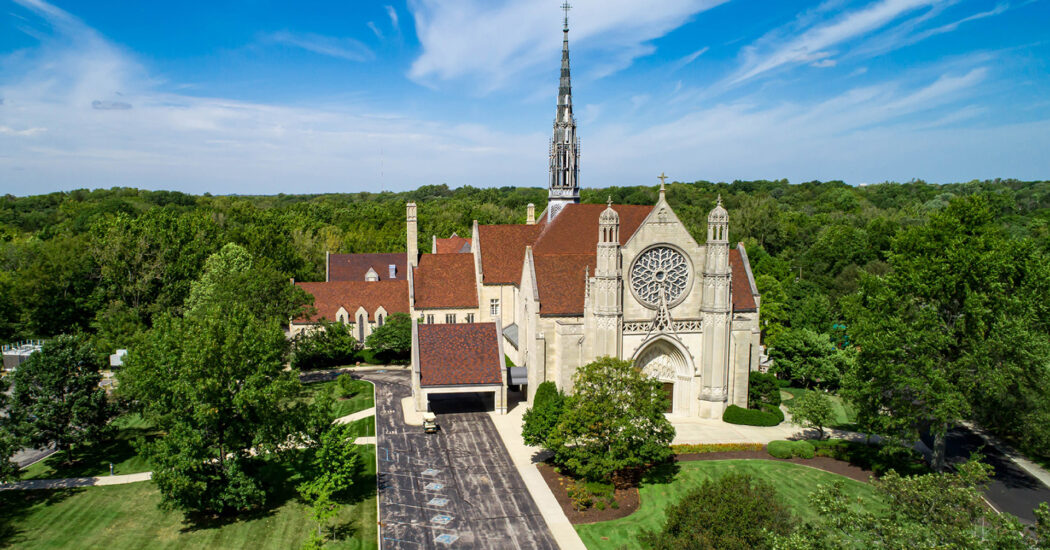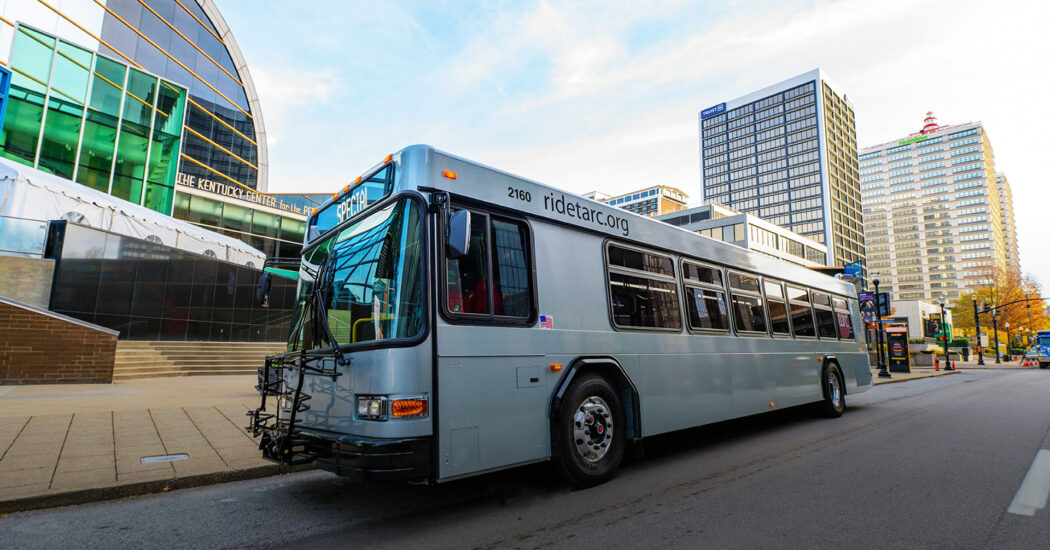Hands-On Healthcare Education
-
Category
Studio-Higher Ed, Studio-Healthcare, Perspectives, Innovation -
Posted By
Lisa Gomperts -
Posted On
Apr 03, 2018
What makes a successful learning environment for training much-needed healthcare providers? Facilities geared toward experiential learning! Students today must learn differently while new information is being generate faster than ever before. Designers of healthcare teaching facilities are tasked with creating flexible, experiential learning environments to fulfill this need, and Schmidt Associates has worked with many collegiate partners to create facilities to train future healthcare providers.
Experiential learning requires flexible, hi-tech classrooms and laboratories, as well as unstructured learning spaces.
Classrooms must accommodate:
- state-of-the art technology for technical medical equipment and information,
- distance learning
- digital display
- flexible furniture for collaborative and varied learning
- enough wireless data capacity for 4-6 devices per student
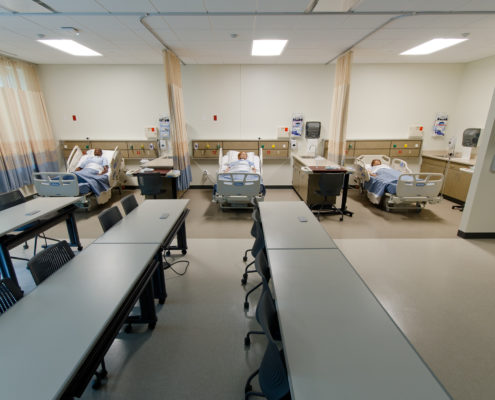
Marian University COM Classroom
Laboratories must address the many needs of simulation equipment, including technology to run high-fidelity mannequins, adequate space for medical furnishings and equipment, and appropriate infrastructure for simulated gasses and utilities.
Labs also need multiple support spaces: storage for equipment and supplies, information, display and set up space, and potentially small group meeting space. All of these may double the space need for laboratories.
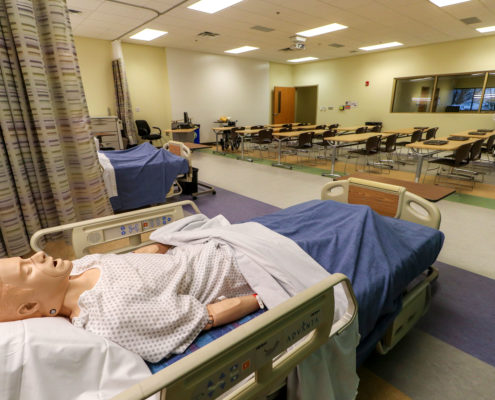

Ivy Tech Franklin
Unstructured spaces are the “accidental” learning spaces that allow students to continue a learning moment with faculty, study in peer social groups, and study on their own while still feeling part of a larger learning group. Breakout spaces, extra large corridors, coffee bars, and lobby areas all provide space for enhanced learning and positive community building.
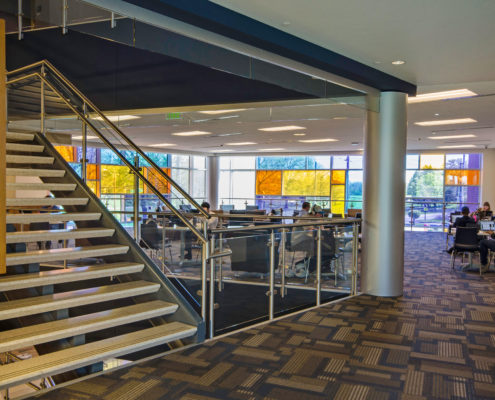

Marian COM Lounge
Schmidt Associates truly understands these varied learning environments and has expertise in uniting them into cohesive facilities. From the recently opened Marian University Michael A. Evans Center for Health Sciences (housing the first Catholic College of Osteopathic Medicine in the country), the Ivy Tech Dental Lab in Anderson that serves its community through free and reduced-cost dental care, the Marchant School of Nursing in Bloomington, and the IU Student Health Clinic, hands-on health science facilities are critical to addressing our healthcare crisis.
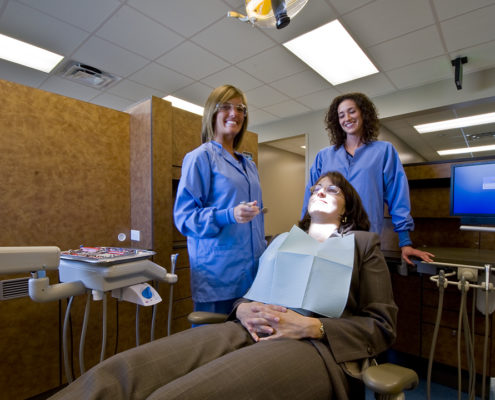

Ivy Tech Anderson Dental Clinic
As our population continues to grow and age, healthcare education is increasingly important to remedy the shortage of personnel to serve unique and changing healthcare needs. Higher education institutions have stepped up to fill this gap, and collaborative, hands-on training has become the standard pedagogy for medical, nursing and dental school programs.
If we can help transform your facility into an interactive environment for future healthcare professionals, reach out!





